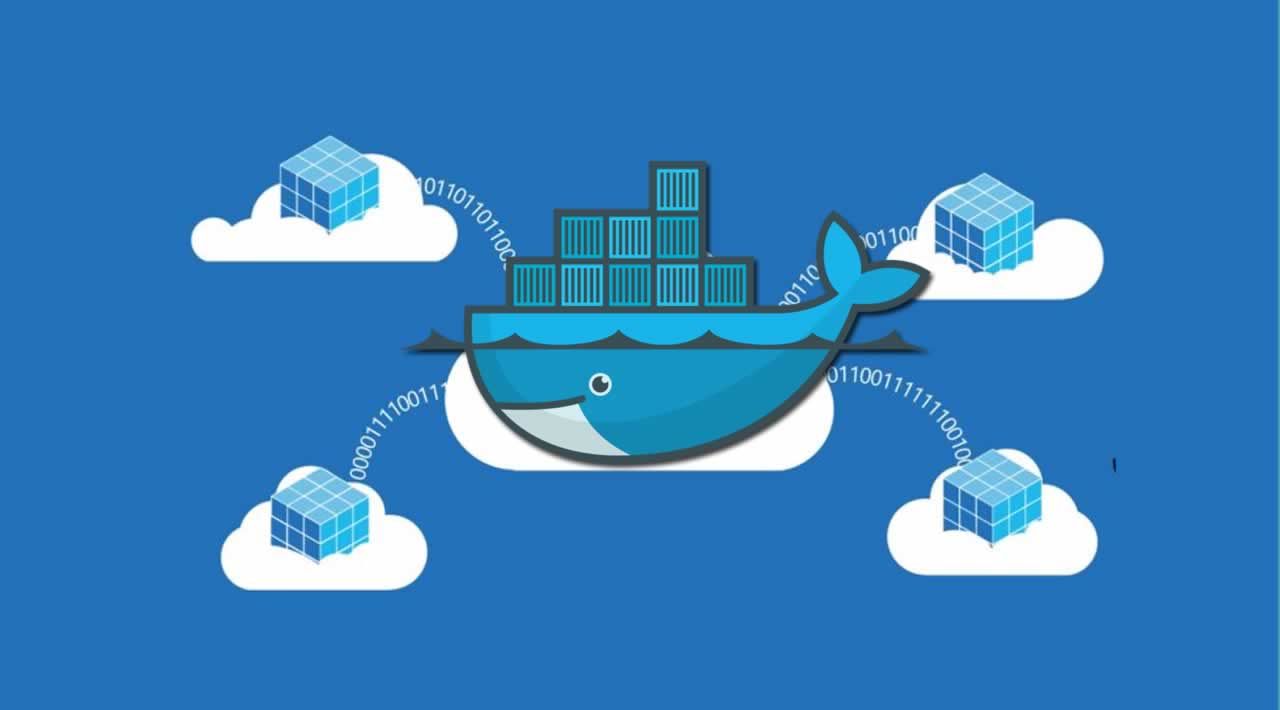Containerization has revolutionized the way apps were used to be distributed and deployed in a virtual environment. It is an operating system virtualization approach in which apps are run in an isolated system space referred to as a container. This allows the apps to be deployed without having to use a Virtual Machine for every app.
Docker is one of the most popular container technologies that you can find out there. Let’s talk in detail about Docker Containers and the benefits that docker certification offers to IT professionals.
About Docker
Docker is a containerization platform that allows its users to easily pack software code, distribute, deploy, and manage it in the Docker containers. This process of running and managing apps in containers instead of individual virtual machines that are a lot harder to manage and maintain.
The containerization of apps using Docker ensures that your app runs perfectly on all Linux machines, even on the ones that have customized settings. Docker is the most reliable open-source system that automates that application deployment inside software containers.
Benefits of Docker for IT Professionals
Cost-Effective System
Docker helps reduce the expenses on infrastructural resources. The biggest benefit of docker is, it needs much fewer resources than traditional systems to run the same application. This can reduce Server costs as well as costs for personnel needed to maintain the system. Docker drastically decreases the need for resources which makes it a much better option than its counterparts.
Enhanced Productivity
Docker systems allow you to standardize the work environment to take productivity to the next level. Docker-based architecture offers you repeatable development, building testing, and production environments that allow you to streamline the system development and deployment process. Docker images can launch as fast as a machine process runs which is quite great in terms of fast performance.
Smooth Integration
Docker uses tools like Travis, Jenkins, and wrecker to run as a part of a continuous integration pipeline. The docker architecture makes it easier for you to push new updates onto your system. Docker features continuous integration which creates a smooth integration experience. Continuous integration is one of the core features of a docker system that make it a worthwhile option for developing flexible systems.
Compatibility and Maintenance
Docker is meant to eliminate the incompatibility issues with software solutions. It promotes parity, which means that your docker image will run perfectly well on any server or laptop that you run it on. You don’t need to set up environments on your server or PC to run a docker bases system. This reduces the compatibility as well as maintenance issues to a huge extent.
Faster Deployment
Since docker doesn’t start up a new OS for every process. Instead, it creates a container for every process which runs the application. This reduces the app deployment time to a minimum. Data is created and destroyed in seconds without any kind of effect on the costs for the system.
Environment Management
Docker offers a more interactive experience when it comes to managing the environment where the Docker system is installed. With docker, you get a separate container for development, testing, and development and you can deploy the system for everyone in a more streamlined way. This doesn’t put an unnecessary load on the environment and the overall efficiency of the system is increased quite a lot.
Isolation & Security
Docker is designed in a way that ensures that all the resources are isolated and segregated for enhanced performance. Multiple containers can operate at the same time. Since each app runs in its container, it makes up for better system resources management which is done in an isolated way. And since all the apps are running in their segregated containers, it allows you complete control over the traffic flow. A container doesn’t interfere with the processes that are happening in another container which makes the system more secure and reliable.
Wrapping Up
Docker Containers run as isolated systems. It doesn’t matter what the host OS is, they run on any Linux machine. This is where the power of Docker lies. It is a useful technology for IT professionals that can help them develop better applications that are portable and flexible. There are a lot of Docker courses out there that prepare you for Docker Certification. It is a useful technology to add to your repertoire as an IT professional which can go a long way for you.






